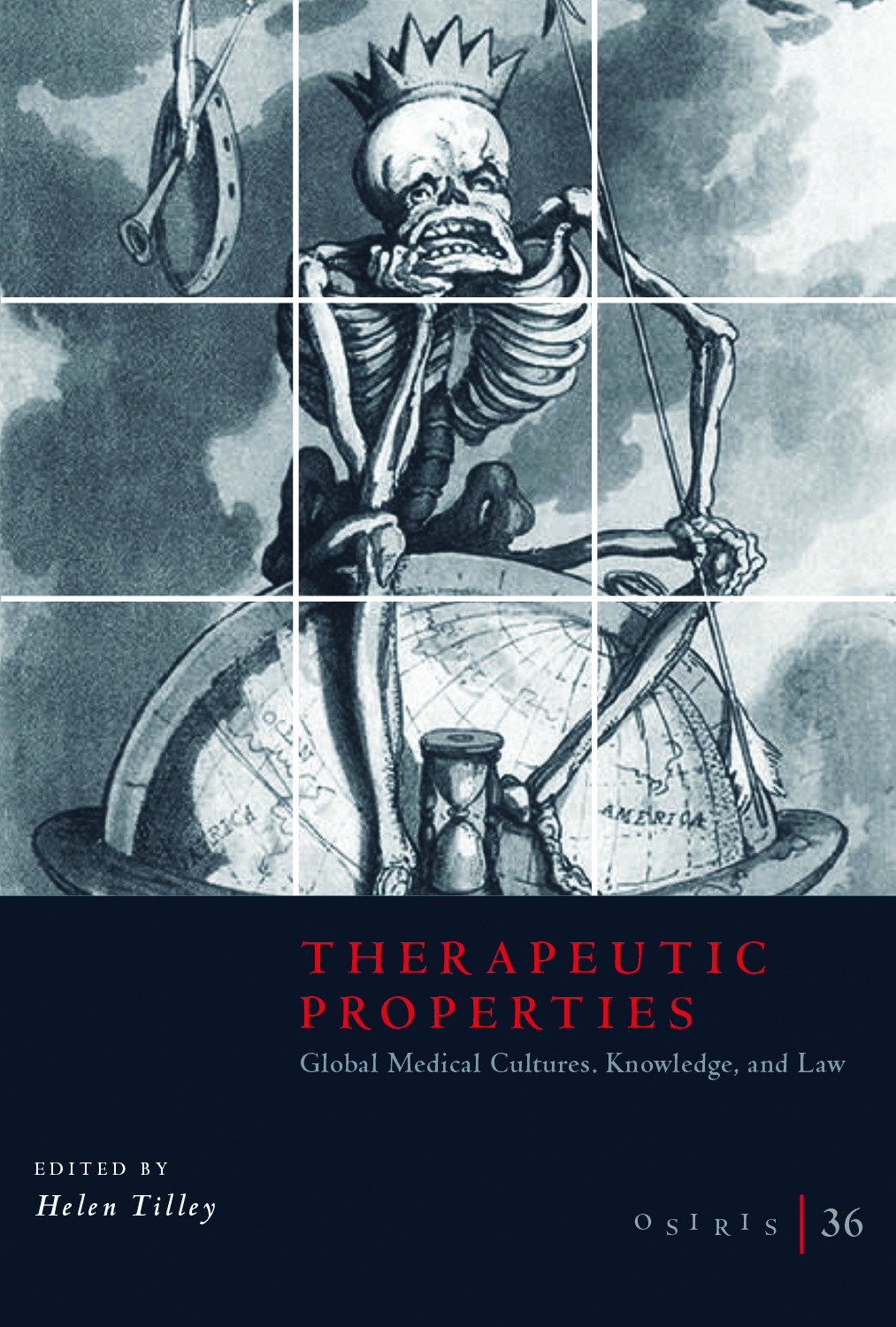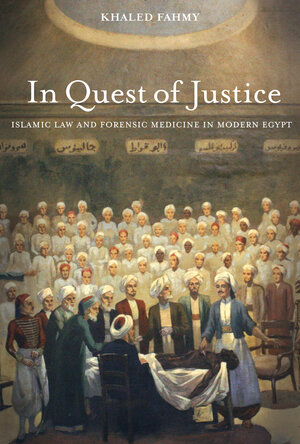It’s hard to imagine a more timely book or an author who has devoted more thought and research to his subject. Lewis A. Grossman, American University, has just published Choose Your Medicine: Freedom of Therapeutic Choice in America (Oxford University Press):
Throughout American history, lawmakers have limited the range of treatments available to patients, often with the backing of the medical establishment. The country's history is also, however, brimming with social movements that have condemned such restrictions as violations of fundamental American liberties. This fierce conflict is one of the defining features of the social history of medicine in the United States.
In Choose Your Medicine, Lewis A. Grossman presents a compelling look at how persistent but evolving notions of a right to therapeutic choice have affected American health policy, law, and regulation from the Revolution through the Trump Era. Grossman grounds his analysis in historical examples ranging from unschooled supporters of botanical medicine in the early nineteenth century to sophisticated cancer patient advocacy groups in the twenty-first. He vividly describes how activists and lawyers have resisted a wide variety of legal constraints on therapeutic choice, including medical licensing statutes, FDA limitations on unapproved drugs and alternative remedies, abortion restrictions, and prohibitions against medical marijuana and physician-assisted suicide. Grossman also considers the relationship between these campaigns for desired treatments and widespread opposition to state-compelled health measures such as vaccines and face masks.
From the streets of San Francisco to the US Supreme Court, Choose Your Medicine examines an underexplored theme of American history, politics, and law that is more relevant today than ever.
"Grossman's work displays his mastery not only of the law, but also of everything else that makes medicine and health enduringly fascinating aspects of human history. Life, death, fear, love, pride, greed, envy, and ambition spring repeatedly from its pages. If you only read one book to understand the social cleavages that make it hard for Americans and their political leaders to 'follow the science' and end the pandemic, it should be this one." -- William M. Sage, Professor of Law and Medicine, The University of Texas at Austin
"What have 'life, liberty, and the pursuit of happiness' meant for medicine? Lewis Grossman provides a provocative answer, showing how Americans across the political spectrum used the law to fight—often against their physicians—for therapeutic choice. The legalization of medical marijuana and compassionate use of experimental cancer drugs are, in his view, just the most recent examples of a 200-year-old tradition of medical rights-making in the US, often linked to expressions of religious freedom. A fascinating diagnosis of the American wariness of the state and medical science." -- Angela N. H. Creager, Thomas M. Siebel Professor in the History of Science, Princeton University
"From George Washington's Deathbed in 1799 to the D.C. Circuit's courtroom in 2007 hearing argument in the landmark case of Abigail Alliance, Grossman's book takes readers on a thrilling historical ride to understand what 'therapeutic choice' has meant for this country and what the sometimes unstable marriage between medicine and law has wrought." -- I. Glenn Cohen, Deputy Dean and James A. Attwood and Leslie Williams Professor of Law, Harvard Law School, and Faculty Director, Petrie-Flom Center for Health Law Policy, Biotechnology & Bioethics
"Meticulously researched, engagingly written, and deeply relevant, Lewis Grossman begins with the question of therapeutic freedom in the early 21st century and traces a vital thread connecting two centuries of legal studies, consumer history, and American politics. Choose Your Medicine provides a thorough and trenchant meditation on what is gained—and what has been lost—in foregrounding individual choice in the forging of US health policy and law." -- Jeremy Greene, William H. Welch Professor of Medicine and the History of Medicine, Johns Hopkins University
--Dan Ernst







